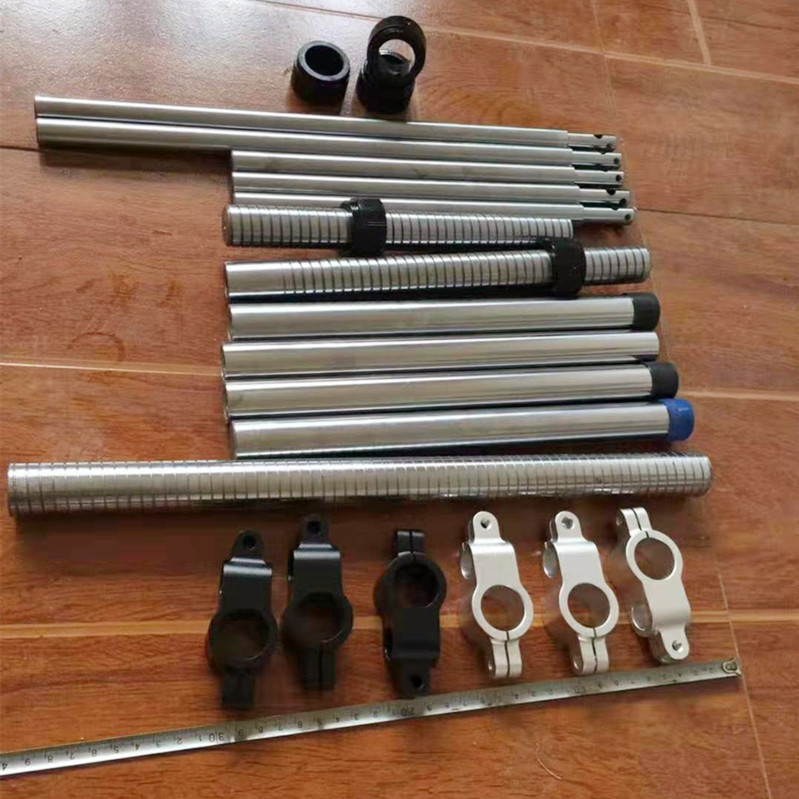Ott . 11, 2024 15:01 Back to list
valve metal
The Significance of Valve Metals in Modern Industry
Valve metals, a term primarily referring to a category of metals that showcase exceptional corrosion resistance due to their passive oxide layers, play a crucial role in various industrial applications. These metals, primarily titanium, zirconium, hafnium, and niobium, are renowned for their remarkable mechanical properties, making them indispensable in fields ranging from aerospace to chemical processing.
One of the standout features of valve metals is their ability to form a protective oxide layer. This passive layer acts as a barrier, preventing further oxidation and corrosion from environmental factors, such as moisture, salt, and acidic solutions. Titanium, for instance, is widely used in both marine and aerospace industries due to its outstanding strength-to-weight ratio and excellent resistance to seawater corrosion. As a result, components made from titanium can operate reliably in harsh environments, reducing the need for frequent replacements and maintenance.
Zirconium is another important valve metal, especially valued in the nuclear industry
. Its resistance to corrosion in aggressive environments, such as sulfuric acid and other acidic solutions, makes it an ideal choice for cladding materials in nuclear reactors. Moreover, zirconium has a low neutron absorption cross-section, which is crucial for maintaining the efficiency of nuclear fission processes. This unique property allows for the safe and efficient operation of nuclear facilities, contributing to the overall sustainability of energy production.valve metal

Hafnium, often found alongside zirconium in nature, is used primarily in nuclear control rods and electronic components due to its excellent neutron absorption qualities. Its melting point is also incredibly high, making it suitable for high-temperature applications. This makes hafnium a vital material in advanced electronics and aerospace technologies, where performance and reliability are paramount.
Niobium, while less commonly known than its counterparts, has gained significant attention in the manufacturing of superconducting materials. With the ability to conduct electricity without resistance at low temperatures, niobium is crucial for applications in MRI machines and particle accelerators. The development of niobium-titanium superconductors has revolutionized the medical and scientific fields, enabling advanced imaging technologies and experimental physics.
The versatility of valve metals is further underscored by their alloying capabilities. When combined with other metals, these materials can enhance the properties of the resulting alloy, leading to improved performance in specific applications. For example, titanium alloys are widely used in the aerospace industry for the manufacture of aircraft components, whereby enhanced strength and reduced weight are critical considerations.
In summary, valve metals are essential materials in modern technology and industry, providing solutions to some of the most challenging engineering problems. Their unique properties, including exceptional corrosion resistance and high strength, make them invaluable in various applications from aerospace to nuclear energy. As industries continue to seek materials that offer enhanced performance and durability, the significance of valve metals is expected to grow, paving the way for innovations that will undoubtedly shape the future of engineering and technology. The ongoing research and development in this field promise a more sustainable and efficient industrial landscape, showcasing the importance of valve metals in our daily lives.
-
Types of Thread Gauge BSP Parallel DesignNewsAug.04,2025
-
Ring Gauge Cylindrical Check ApplicationNewsAug.04,2025
-
Machinist Gauge Pins GCr15 MaterialNewsAug.04,2025
-
Gate Valves for Sale Sewage System UseNewsAug.04,2025
-
Control Valve EPDM Seal MaterialNewsAug.04,2025
-
Cast Iron Y Type Strainer Flange Cover DesignNewsAug.04,2025
Related PRODUCTS









